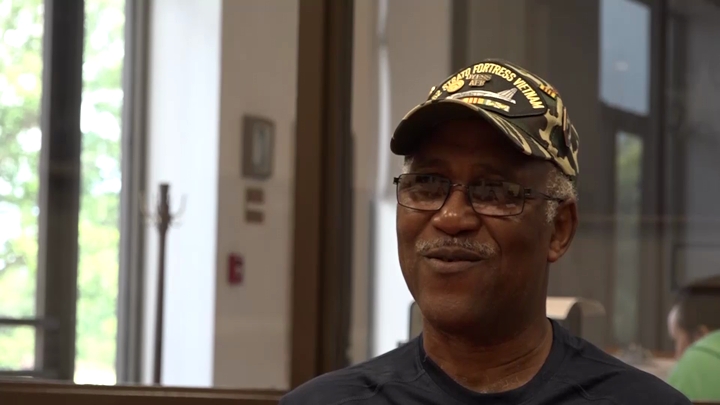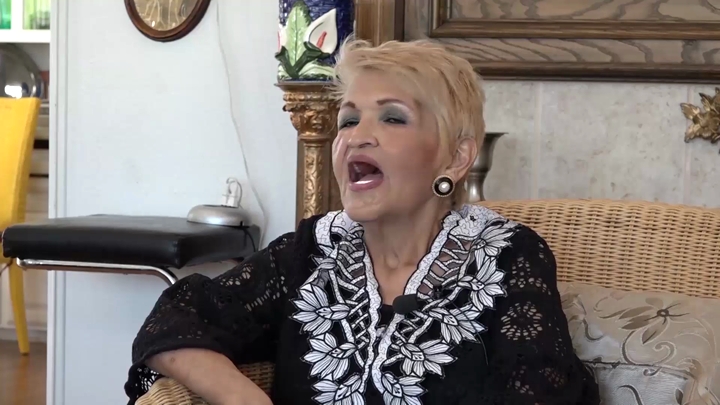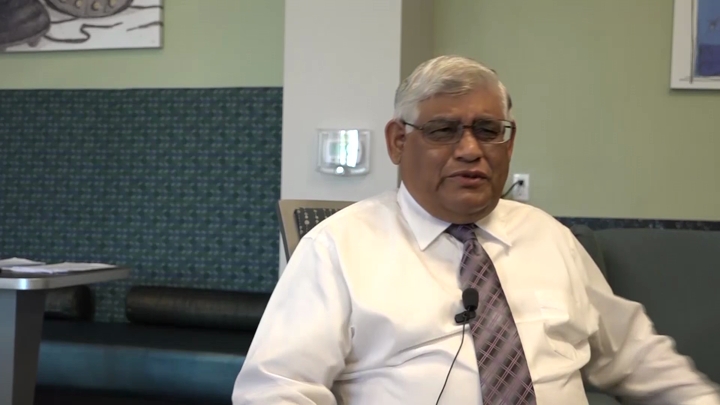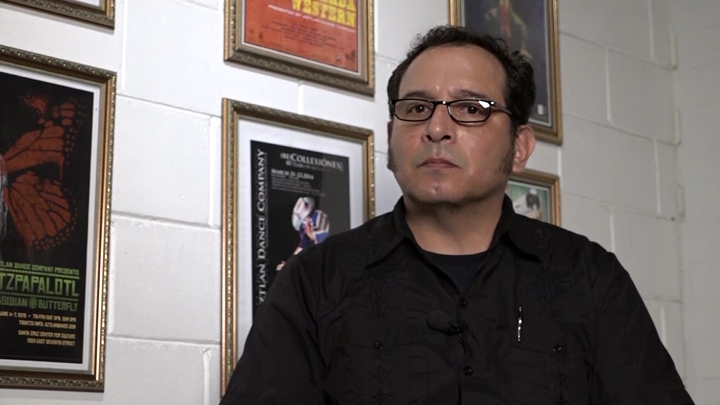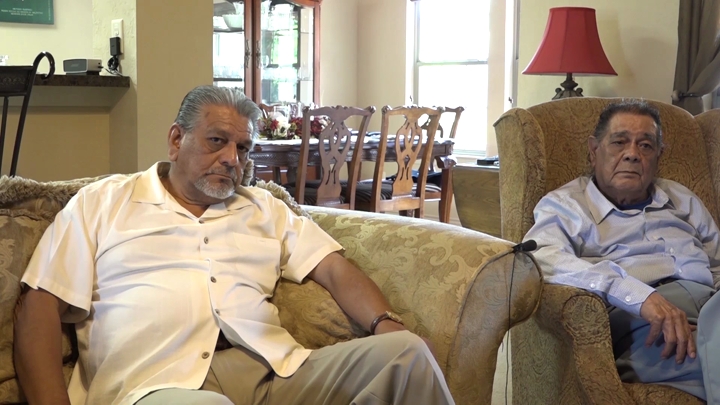Montejano / The Late 1960s
sign up or sign in to add/edit transcript
Montejano: Come the following – after I graduate in September- at that time school started in September- I joined the Young Democrats with Rosie Castro. And I met Margret Castio and a lot of other people who remember me but I do not remember them. Arionus: Before we get there, did you ever discuss the books with the Sisters and what sort of things did you talk about? Montejano: Sister Margaret, yes. I told her that I thought it was surprising that a Catholic nun would give me a book about the Nation of Islam. I actually went looking for the Nation of Islam here in San Antonio. Because at that time, and I was and stupid. You know, I did not know. And I found them. They had their own little snack place or whatever they had- they use to make the zucchini bread and the carrot bread, all this nice bread. Because I wanted to join, I wanted to join the Nation of Islam because I wanted to know all about them. And I told her, you know. She said go for it. I think she knew that they were not going to let me in because I was not black, you know. But, I still went and I found them. Arionus: Where were they located? Montejano: They were on the Eastside on Houston. But you know, I could just take the bus straight down. I forget- if there are still there I do not know. I don’t think they are. I do know because I taught on the west side- in the east side for a number of years. There is a gentleman that still sells their little newsletter called The World or something like that. I use to give them quarters for the newspaper. Even now. I think the most recent was last year. Pretty incredible. Arionus: Can you tell me about- did you say you marched with the Lanier students? Montejano: I did not march. I helped and knew they were organizing to support. They ended up at the Guadalupe Community Center. They did not go to school. They were there and I interacted with them. Edgar Lozano is one of them. Gosh! Speedy was the other one. Roger. Arionus: Do you remember what their demands were? Montejano: Yes! They wanted to get access to higher education because they were all channeled into vocational schools. Which is what Edgewood was doing, which is what my parents did not want for us. The one thing I remember my mother saying, “Te puede qietar todo (?)” They cannot take your education from you and you are going to go to school. She worked as a seamstress at Weinsilver, they did piece work. Do you know what piece work is? Where they do the little tickets you know. And that’s how she got paid. She did not have sick leave. She did not have insurance. She did not have any benefits, what-so-ever. None. But, she did that so she could pay our tuition so we could go to Catholic school. Man, when I think about all she put up with. Years, I am talking about. She did not work when David was, until David went to school, I do not think. But I remember when she use to leave us behind and we would go crying like little babies. “Don’t leave us! Don’t leave us!” And she would drop us off at one of the neighbor’s house. She used to take care of us. Arionus: She must have been proud when David and you finished school? Montejano: Yeah, she really was. That is the one thing, she made my graduations- all of them. When I got my masters she was there. My father did not because he had passed away, but I am sure he would have been there too. That was something. Arionus: Tell me about the time you worked with Joe Bernal at Guadalupe Community Center. Montejano: I was an intern, he was with Mexican American- The Commission for Mexican American Affairs- because from Guadalupe we moved to a house on Buena Vista Street. And Joe was very involved in the Raza Unida Movement. Arionus: What year are we talking about? Montejano: Well, I want to say ’68-’69 all the way to the 70s. Joe still remembers me too. Arionus: So he was a state senator? Montejano: A former state senator, yeah. Co-author of the state’s first education- bilingual education bill. He is Dr. Bernal, now. He has been a doctor for a while. He will remember me, una chacha [laughs].


